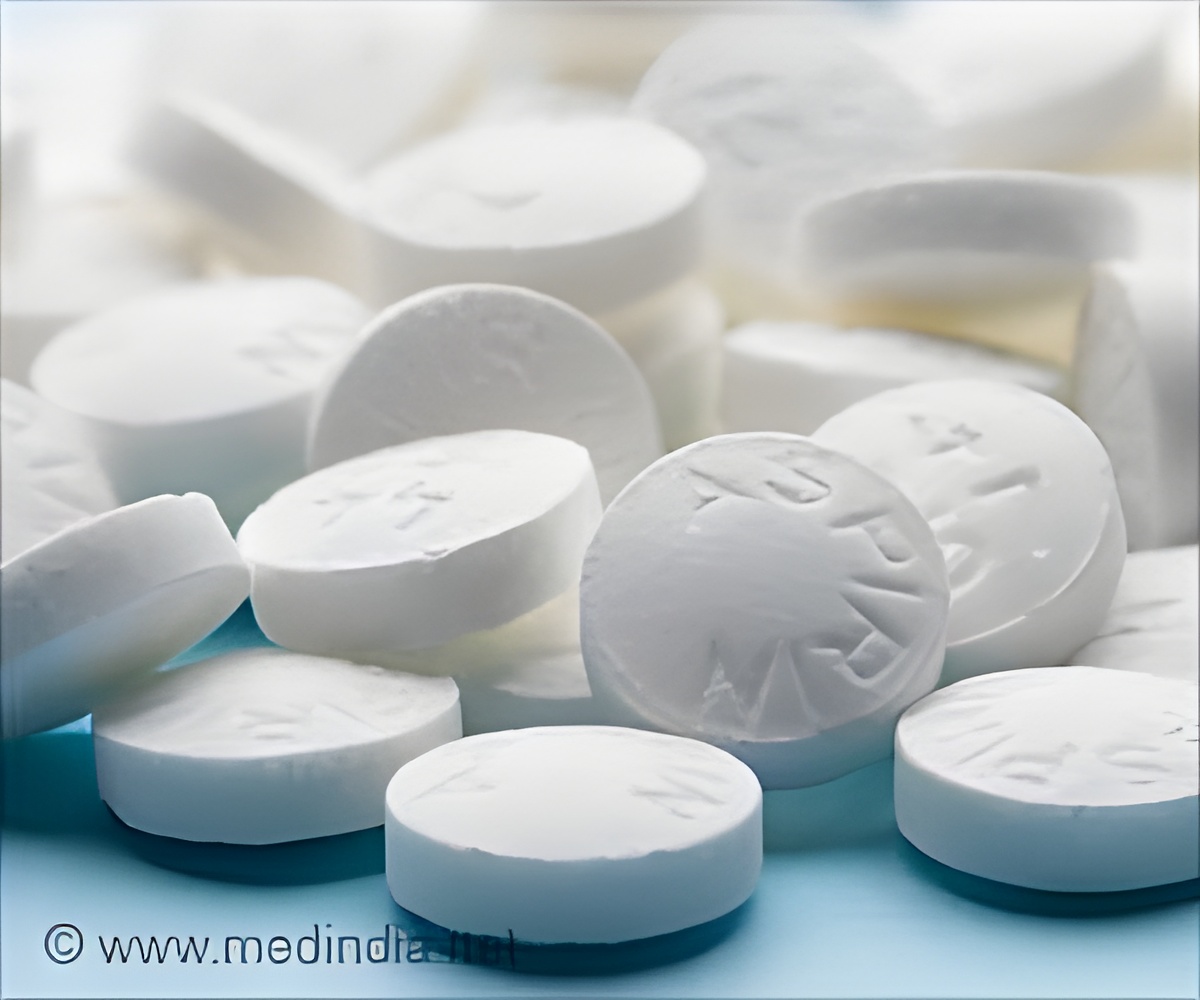Further investigation is merited to explore the potential of anti-inflammatory agents like aspirin in diabetes prevention.

European Association for the Study of Diabetes (EASD)
Go to source).
Exploring the Impact of Low Dose Aspirin on Type 2 Diabetes
The effect of aspirin on incident type 2 diabetes among older adults remains uncertain. This study investigated the randomized treatment effect of low dose aspirin on incident diabetes and fasting plasma glucose (FPG) levels among older adults. The authors did a follow-up study of the ASPREE trial - a double-blind, placebo-controlled trial of aspirin, the principal results of which were published in NEJM in 2018. The original study showed that aspirin conferred a 38% increased risk of major hemorrhage in older adults without any reduction in incidence of cardiovascular disease. The study enrolled community-dwelling individuals aged 65 years or over, and free of cardiovascular disease, independence-limiting physical disability and dementia. Participants were randomized 1:1 to 100 mg daily aspirin or placebo. Incident diabetes was defined as self-report of diabetes, commencement of glucose lowering medication, and/or a fasting plasma glucose (FBP) level of 7.0 mmol/L or higher at annual follow-up visits. Patients with diabetes at the start of the study were excluded. Computer and statistical modelling assessed the effect of aspirin on incident diabetes and FPG levels respectively.‘The administration of aspirin resulted in a decrease in new diabetes cases and decelerated the rise in fasting plasma glucose levels over time in initially healthy older individuals. #aspirin #diabetes’





A total of 16,209 participants were included in the analysis (8,086 randomized to aspirin and 8,123 to placebo). Over a median follow-up of 4.7 years, 995 incident diabetes cases were recorded (aspirin: 459, placebo: 536). Compared with placebo, the aspirin group had a 15% reduction in incident diabetes and a slower rate of increase in FPG (difference in annual FPG change: -0.006 mmol/L). The authors say: “Given the increasing prevalence of type 2 diabetes among older adults, the potential for anti-inflammatory agents like aspirin to prevent type 2 diabetes or improve glucose levels needs further study.”
However, Professor Zoungas adds: “The earlier published trial findings from ASPREE in 2018 showed aspirin did not prolong healthy independent living, but was associated with a significantly increased risk of bleeding, primarily in the gastrointestinal tract. Major prescribing guidelines now recommend older adults take daily aspirin only when there is a medical reason to do so, such as after a heart attack.”
“Although these new findings are of interest, they do not change the clinical advice about aspirin use in older people at this time.”
Reference:
- European Association for the Study of Diabetes (EASD) - (https://www.easd.org/annual-meeting/easd-2023.html#section-abstracts)















